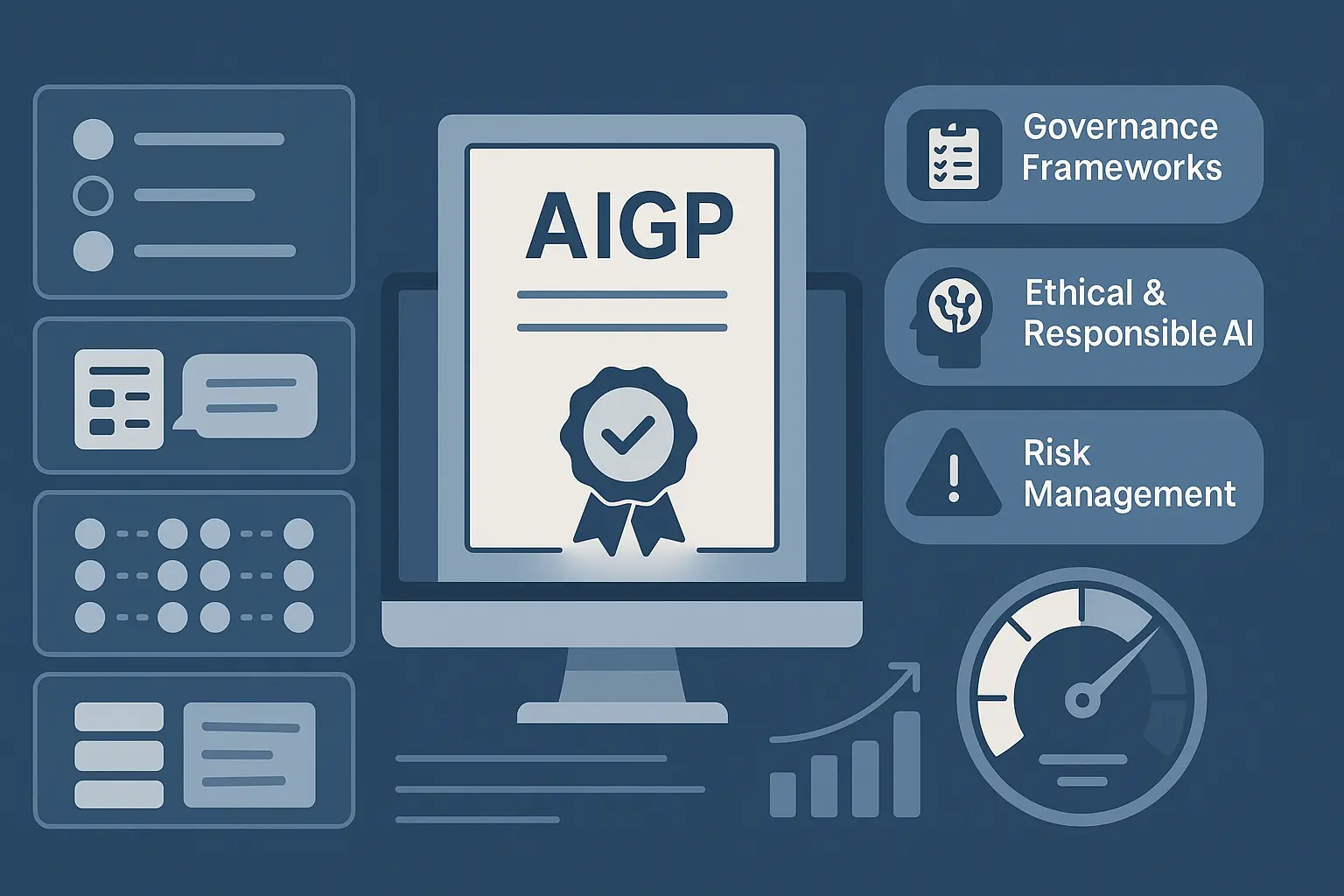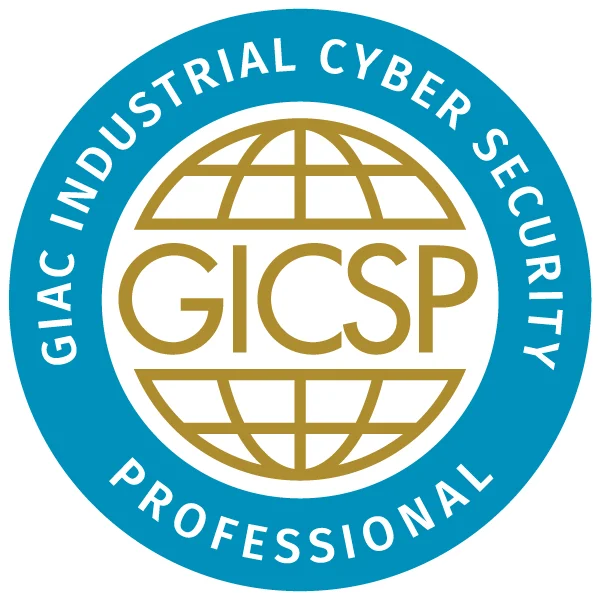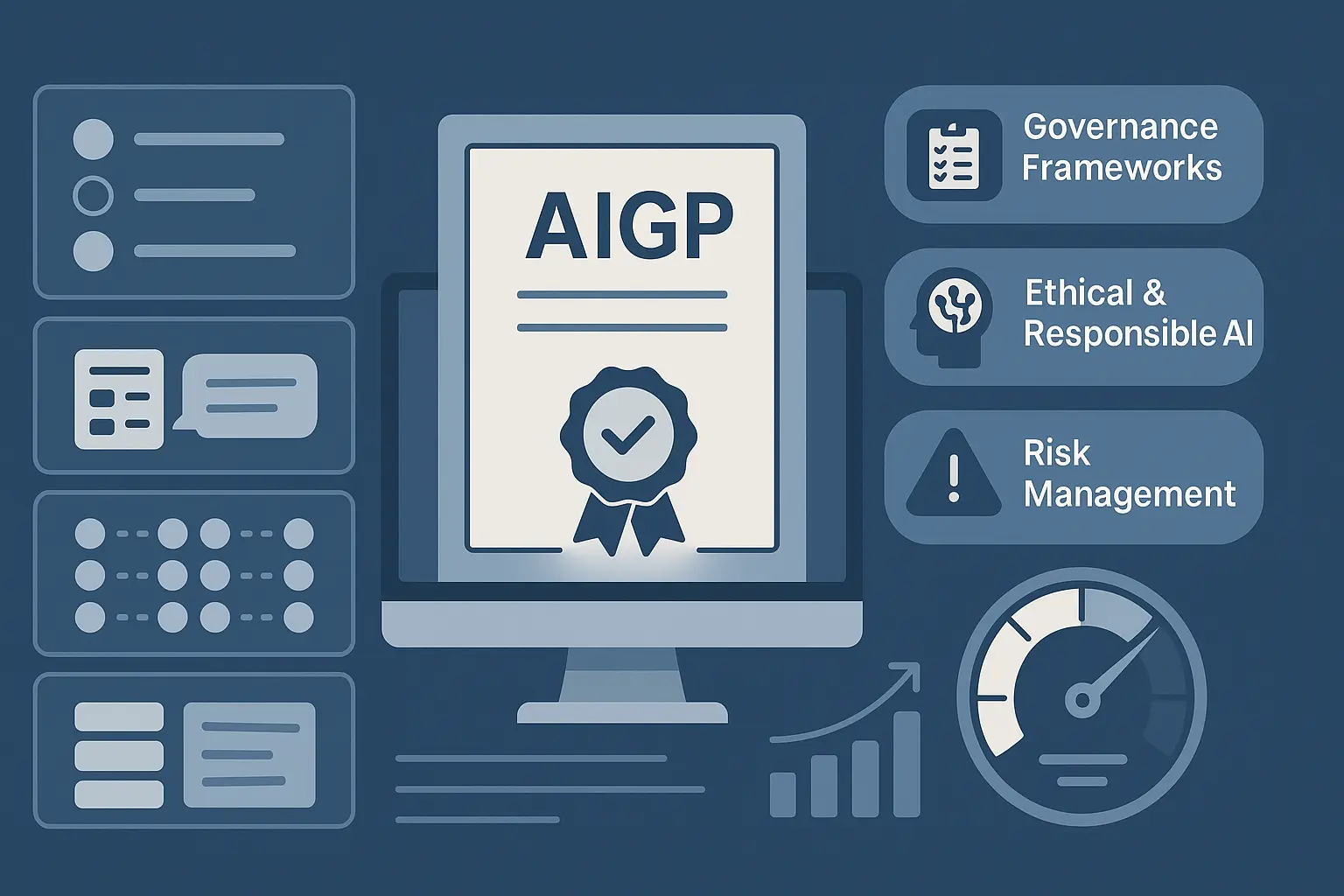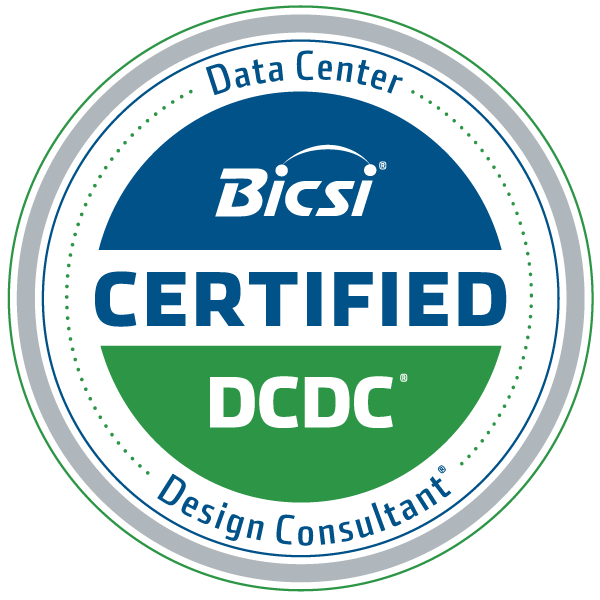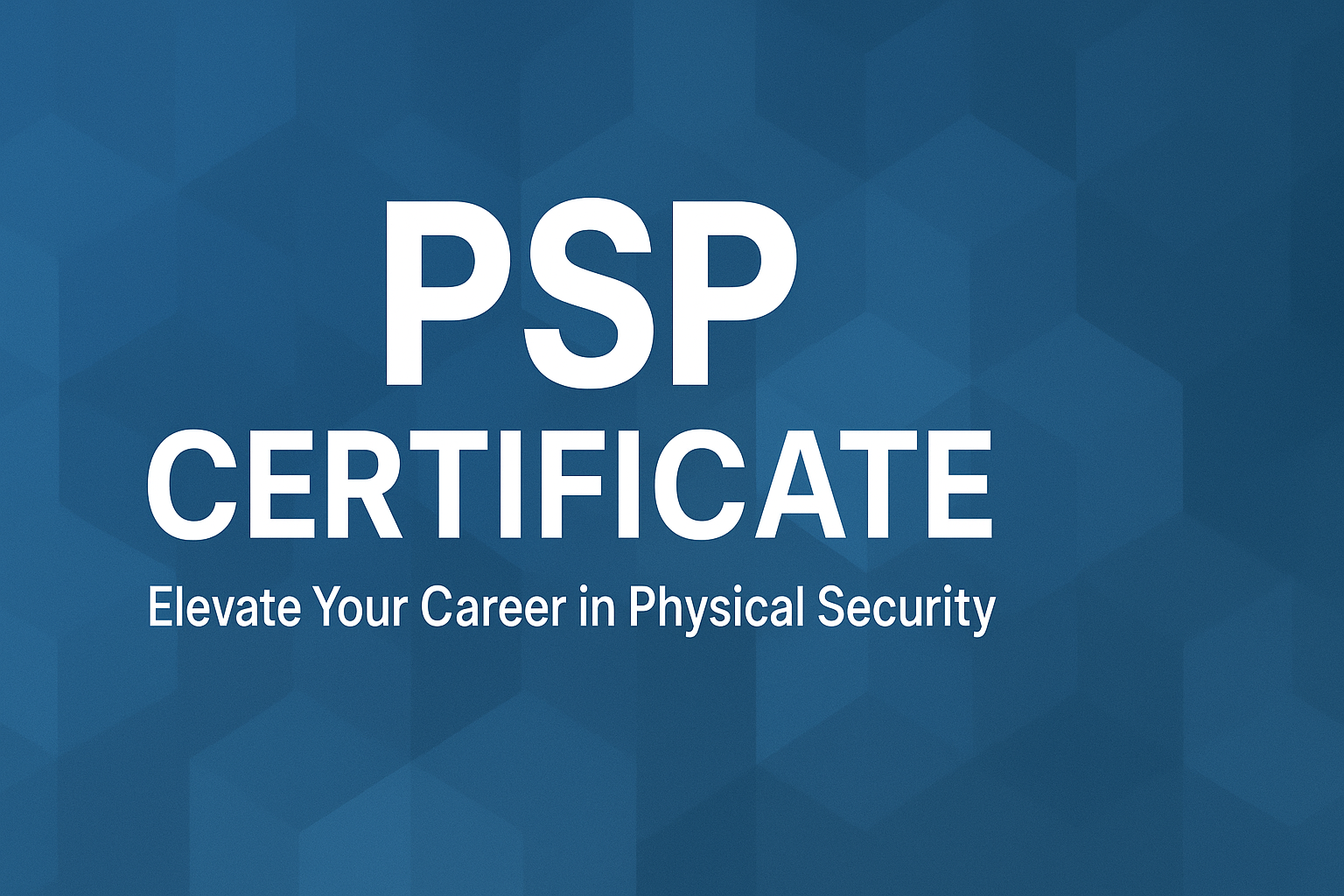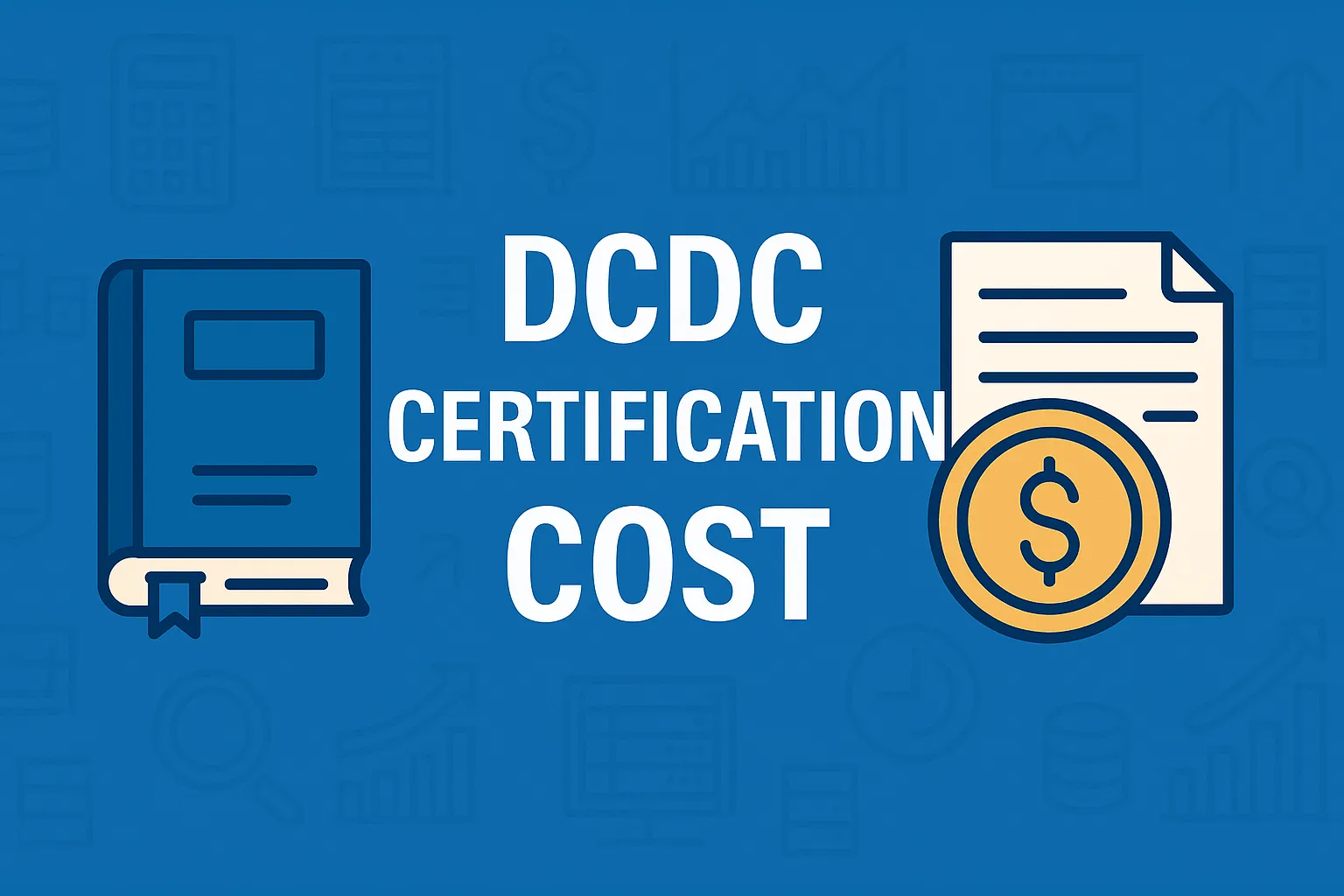Earn your BICSI DCDC Certification in New York to master complex data center design, infrastructure, and security. Advance your career in NYC's demanding tech and finance industries.
The digital economy is fundamentally powered by data centers—complex, high-performing facilities that house the critical infrastructure of the internet. As the demand for data storage, cloud computing, and high-speed connectivity explodes, particularly in major economic hubs like New York, the expertise required to design, build, and manage these facilities has become a highly sought-after skill. The BICSI Data Center Design Consultant (DCDC) certification stands out as the premier global credential, validating a professional's comprehensive knowledge in data center planning and implementation.For IT professionals and engineers in the Empire State, pursuing DCDC certification in New York represents a strategic career move, positioning them at the forefront of the technological development that fuels one of the world's most critical financial and commercial landscapes.
The Global Benchmark: Understanding the BICSI DCDC Credential
The DCDC certification, awarded by the Building Industry Consulting Service International (BICSI), is more than just a certificate; it is a global badge of excellence. It signifies that the holder possesses the advanced knowledge required to manage construction projects and ensure a data center meets stringent performance standards and technical requirements. This includes everything from initial planning and site selection to final implementation and ongoing operations.In a competitive market like New York, where massive financial institutions, media companies, and cloud providers constantly expand and upgrade their infrastructure, possessing the DCDC title immediately elevates a candidate's profile. It assures employers that the consultant can navigate the complex matrix of power, cooling, security, and networking required for mission-critical facilities.
Why DCDC is Crucial for New York Professionals
The New York metropolitan area is home to some of the world’s most powerful data centers, serving Wall Street, Silicon Alley, and global enterprises. Professionals here must contend with high real estate costs, strict building codes, and immense performance pressure. The DCDC training prepares individuals to tackle these unique challenges by focusing on:
- Compliance and Standards: Ensuring designs adhere to local and international industry codes and standards.
- Efficiency and Resilience: Implementing redundant and highly efficient power and cooling systems, crucial for minimizing operational costs and maximizing uptime in a 24/7 financial environment.
- Scalability: Designing infrastructure that can rapidly and cost-effectively scale to meet the ever-increasing demands of financial trading, content delivery, and cloud services.
By mastering the principles validated by the DCDC, New York professionals become indispensable assets in safeguarding the technological backbone of the region.
Core Domains of the DCDC Curriculum
The path to DCDC certification requires a deep dive into five primary areas that constitute the examination domains, ensuring a holistic understanding of data center lifecycle management.
- Data Center Design: Focuses on the architectural layout, power and cooling system implementation, and critical wiring infrastructure planning.
- Data Center Infrastructure: Covers the physical structure, including power distribution, advanced cooling systems (HVAC), and cabling management best practices.
- Data Center Operations: Deals with the management, maintenance, and facility support necessary for continuous, efficient, and reliable data center function.
- Data Center Security: Encompasses both the physical security measures (access control, surveillance) and cybersecurity protocols to protect critical data assets.
- Data Center Project Management: Involves the planning, organizing, and execution of data center construction or expansion projects, ensuring timely and budget-compliant delivery.
The comprehensive nature of these domains ensures that a certified DCDC professional is equipped to handle every phase of a data center project from concept to completion.
Prerequisites, Audience, and Career Outlook
One of the great advantages of pursuing DCDC training is its accessibility. While no specific academic background is required to enroll in DCDC training, a foundational understanding of computer networks and IT systems is highly beneficial. The training programs in New York, often offered through organizations like the New York Training Center and Certifications (NYTCC), are designed to be flexible, accommodating the schedules of busy professionals.Target Audience: The certification is ideal for a broad range of IT professionals, including:
- Network Engineers and System Administrators
- Data Center Technicians and Facility Managers
- Electrical and Mechanical Engineers
- IT Consultants and Project Managers
Career Rewards: Achieving this certification opens doors to specialized roles such as Data Center Design Consultant or Data Center Operations Specialist. These roles are critical, well-compensated, and represent the apex of data infrastructure expertise. With average salaries for Data Center Design Consultants in the USA reported around $105,000 annually, the DCDC credential offers a clear, high-return pathway for career advancement.
The DCDC Examination Process
The certification process culminates in a rigorous exam that tests the candidate’s mastery of the curriculum.
- Delivery Format: Computer-based testing (CBT)
- Number of Questions: 100
- Question Types: Multiple-Choice Questions (MCQs), Drag and Drop
- Time Allotment: 2 hours
- Cost: Varies: $150 USD for BICSI Members, $275 USD for Non-Members
Preparation through a structured, expert-led training program—like those available flexibly online or in-person throughout New York—is highly recommended to ensure readiness for this challenging, yet career-defining, assessment.
Frequently Asked Questions (FAQs)
Q1: What organization awards the DCDC Certification?A: The DCDC certification is globally recognized and awarded by BICSI (Building Industry Consulting Service International).Q2: Are there specific prerequisites to take the DCDC exam?A: While there are no formal prerequisites required to enroll in most training programs, candidates typically benefit from having practical experience in IT systems, networks, or data center operations.Q3: How long is the DCDC certification valid?A: Like most professional IT certifications, the DCDC requires renewal through a continuing education credit program to ensure certified professionals remain current with the latest industry changes and best practices.Q4: How flexible is the training for New York professionals?A: Many training providers in New York, such as NYTCC, offer flexible, self-paced, or online learning options, allowing busy professionals to prepare for the exam without disrupting their current work schedules.Q5: What is the primary focus of the DCDC certification?A: The primary focus is on the design, planning, and implementation of highly available, secure, and efficient data center infrastructure, covering everything from power and cooling to network cabling and project management.
Conclusion
The pursuit of DCDC Certification in New York is an investment in a future where data centers are the critical engines of global commerce. For professionals ready to step into high-level design and consulting roles, the BICSI DCDC credential provides the necessary validation of expertise. By combining flexible training options with a deep, comprehensive curriculum, this certification equips individuals to lead complex data center projects in one of the most technologically advanced and demanding environments in the world. Earning the DCDC designation is not just about gaining a title; it’s about establishing oneself as a leader in the next generation of digital infrastructure development.
